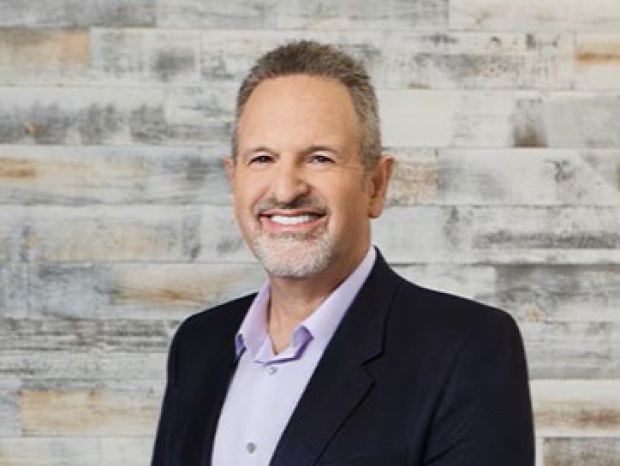Speaking to the masses on the All In podcast, Haas said Intel had been “punished in a few areas,” including missing the mobile revolution, failing to invest early enough in extreme ultraviolet (EUV) technology, and misjudging key market shifts.
He noted that while governments and investors, including the Trump administration and Nvidia, see Intel as a potential American counterweight to TSMC, the company’s past mistakes continue to haunt it.
“It takes a long time to invest in fabs. It takes a long time to define architectures and ecosystems. If you miss a few, time is very, very, you will be punished for that,” Haas said.
“Intel has unfortunately been punished on a few areas. They were punished on mobile, obviously. They missed that completely. Once you fall behind in chips, it’s very, very difficult to catch up because the cycle gets on top of you. TSMC now has the best fabs in the world. The leading edge companies, Apple, Nvidia, AMD, they all build at TSMC.”
Haas’ comments point back to one of Intel’s most infamous blunders: refusing to make low-power mobile chips for the iPhone in the mid-2000s. Instead, Intel backed its Atom processors, which proved too weak for modern smartphones.
Former Intel boss Paul Otellini later admitted passing on Apple’s request was one of the company’s biggest strategic errors.
The ARM CEO took aim at Intel’s delay in adopting EUV lithography, a key technology for producing the smallest and most efficient chips.
“They were punished in terms of manufacturing of going to EUV. EUV is an advanced methodology for building the smallest chips on the planet. They decided not to invest in that probably a decade ago at the rate that TSMC did, and they fell behind,” Haas said.
The wider message from Haas was clear: once you’re late in the semiconductor business, there’s no catching up. Intel’s challenge is not just technological but cultural. Haas noted that manufacturing in the West is often seen as blue-collar, low-status work, in Taiwan, a job at TSMC is viewed as prestigious and well-paid.
“I don’t know that we have it now, and we certainly haven’t trained a generation of folks to look at manufacturing jobs as being something that is as lucrative and prestigious. They’re sort of thinking, oh, it’s a blue-collar job, I don’t want to go into that way. It’s not viewed that way in Taiwan. In Taiwan, if you say you’re working for TSMC, it’s a highly prestigious kind of thing,” Haas said.

